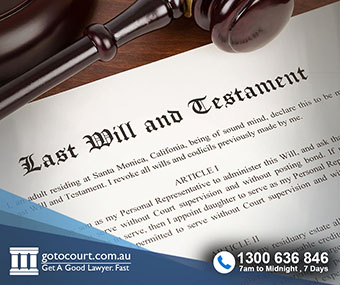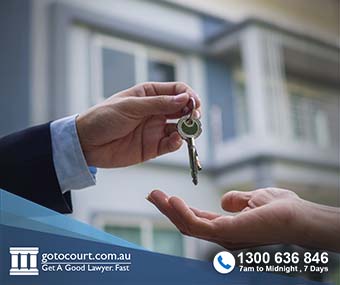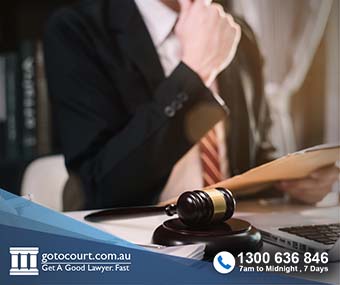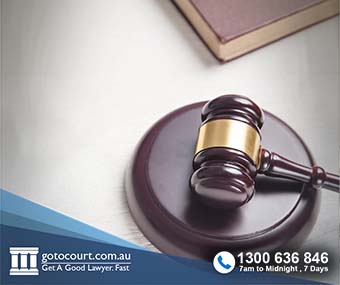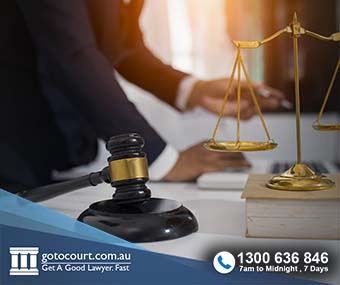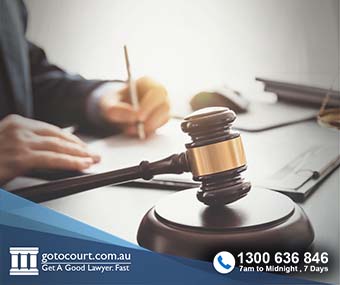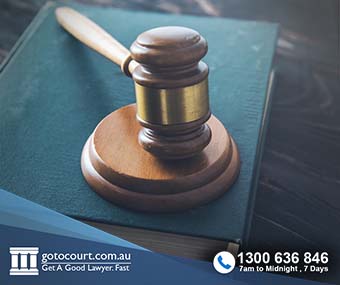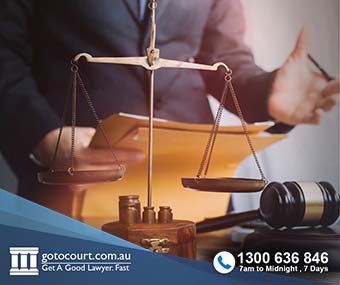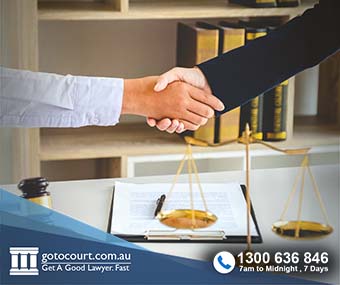Adverse Possession (Vic)
Adverse Possession (Vic)
Adverse possession is a property law principle that allows a person to claim ownership of land without paying for it. Adverse possession occurs where a person has enjoyed uninterrupted and exclusive possession of land for a period of 15 years.
Under Section 60 of the Transfer of Land Act, adverse possession can be the basis for a claim to title by possession.
What is adverse possession?
Adverse possession is when a person who does not have legal title over a property, acquires legal ownership based on continuous possession of the property without the permission of the titleholder for a period of at least 15 years.
When a person is occupying land without authorisation, the owner generally has the right to eject them. However, there is a long legal tradition that if a person has continuing occupancy for a long period and the owner does not exercise their right to eject the person and recover their property, the legal owner eventually no longer has the right to do so.
When an adverse possessor acquires title, the rights of the true owner are extinguished.
Limitation period
Different jurisdictions have legislated different periods of time after which an occupier can claim adverse possession of the land they are occupying. In Victoria, this period is 15 years.
Section 8 of the Limitation of Actions Act provides that a person cannot recover land more than 15 years after their right of action accrued to them. Therefore, 30 years after a person goes into adverse possession of land, they are no longer entitled to make a claim for legal ownership of the land.
What must be proven?
A person claiming ownership of land through adverse possession must prove that they have enjoyed actual, open and exclusive but unauthorised use of the land for a continuous 15-year period. The possession must not be secret and must not be by force. It is irrelevant whether the rightful owner is aware of the adverse possession.
The adverse possessor must show they had the intention to possess the land. Fencing of the land and the payment of rates are strong indicators of an intention to possess. Such an intention can also be indicated by building on the land, leasing it to others, planting trees or crops or running livestock on the land.
Whether a person claiming adverse possession intended to possess land is to be judged based on the circumstances of the case, the features of the land and the circumstances of the adverse possessor. Some uses of land, such as allowing animals to graze or children to play on it, are not sufficient to demonstrate an intention to possess.
Disrupting adverse possession
A true owner can disrupt an attempt at adverse possession by ejecting the adverse possessor and re-entering the land, rejecting the adverse possessor’s acts of possession (such as by removing a fence they have erected) or by initiating proceedings to recover the land.
Responding to an adverse possession claim
If an adverse possession claim is made against your land, seek legal advice immediately. It may be appropriate to lodge a caveat with Lands Victoria.
Making an adverse possession claim
If you wish to seek title to land based on adverse possession, you can make an application under Section 60 of the Transfer of Land Act for an order vesting the land in you for an estate in fee simple or another estate.
Your application must be accompanied by an affidavit setting out the facts that form the basis of your claim to be in adverse possession of the land.
A notice of the application will be advertised in the newspaper and given to every person who appears to have an interest in the land. The notice must also be posted on the land or in such a place as the Registrar directs for 30 days prior to the orders being made. The application will be granted unless a caveat is lodged.
Land that can’t be claimed through adverse possession
Some types of land cannot be claimed in an adverse possession application. These include:
- Crown land
- Land owned by the Public Transport Corporation or Victorian Rail Track
- Land owned by a water authority
- Land owned by the Roads Corporation or VicRoads
If you require legal advice or representation in a property law matter or in any other legal matter, please contact Go To Court Lawyers.

Affordable Lawyers
Our Go To Court Lawyers will assist you in all areas of law. We specialise in providing legal advice urgently – at the time when you need it most. If you need a lawyer right now, today, we can help you – no matter where you are in Australia.How It Works




1. You speak directly to a lawyer
When you call the Go To Court Legal Hotline, you will be connected directly to a lawyer, every time.

2. Get your legal situation assessed
We determine the best way forward in your legal matter, free of charge. If you want to go ahead and book a face-to-face appointment, we will connect you with a specialist in your local area.

3. We arrange everything as needed
If you want to go ahead and book a fact-to-face appointment, we will connect you with a specialist in your local area no matter where you are and even at very short notice.

